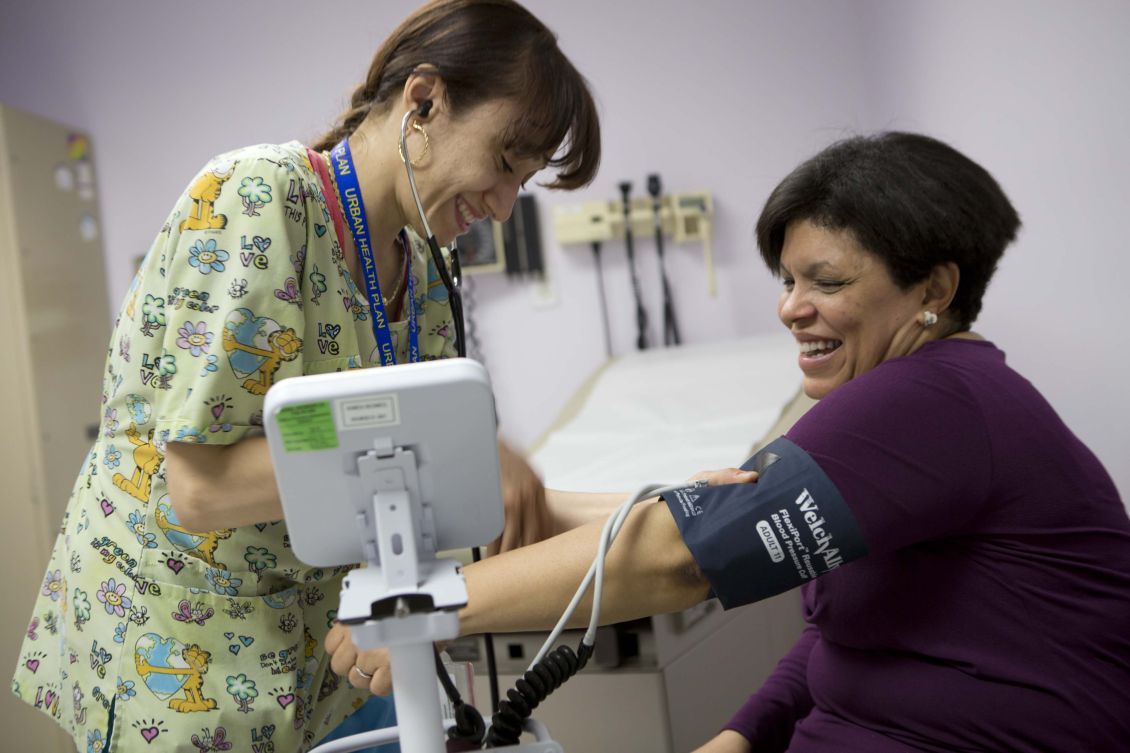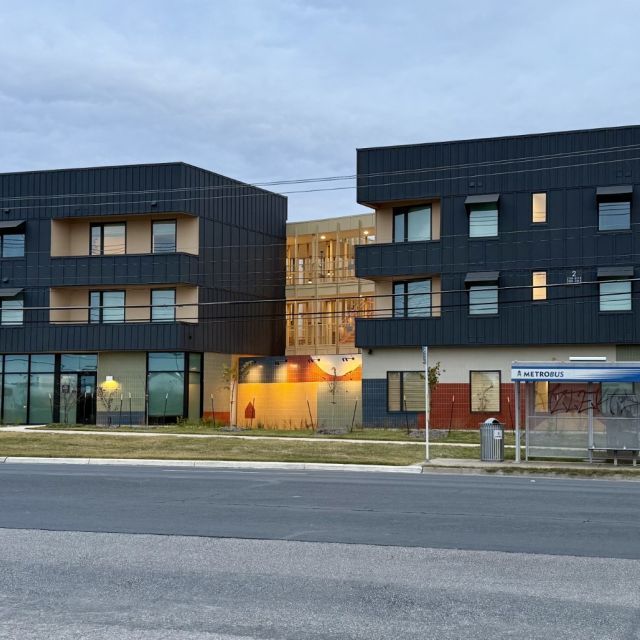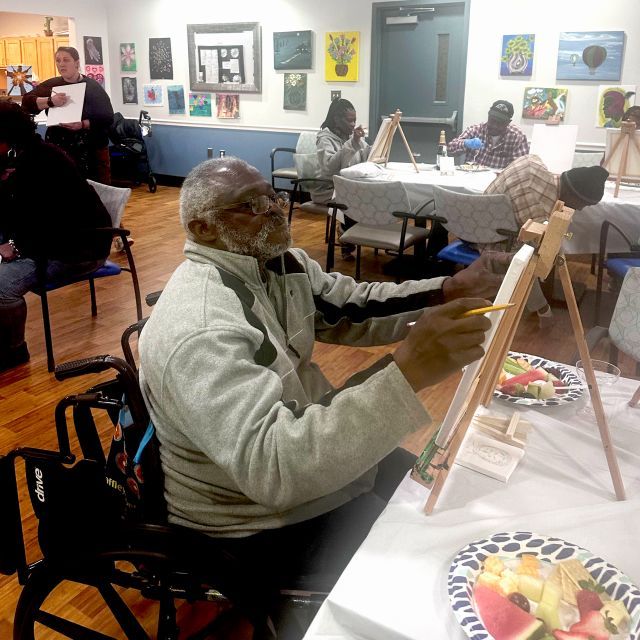Housing instability and low-quality homes contribute to a variety of mental and physical health problems.
High housing costs often force people to cut back on food and medical care, while relocating in search of affordable housing can result in longer commutes and fewer grocery stores, public parks, and other health-supporting amenities, according to leading research. That can lead to further housing instability, as tenants are forced to move multiple times, increasing the potential for health risks, particularly among children.
Crucially, lack of affordable housing also contributes to homelessness: A survey of city government officials found that a lack of affordable housing was the most frequently mentioned cause of homelessness.
To address the health implications of housing scarcity, health care provider Kaiser Permanente and Enterprise Community Loan Fund – Enterprise Community Partner’s community development financial institution (CDFI) – launched the $100 million RxHome Fund in 2018. The goal? To create and preserve safe, affordable multifamily rental homes for low-income residents across Kaiser Permanente’s service area: California, Colorado, Georgia, Hawaii, Maryland, Oregon, Washington, Virginia, and Washington, D.C. Kaiser Permanente and ECLF each contributed $50 million in low-cost, long-term debt financing.
This year, we celebrate the five-year anniversary of the RxHome Fund’s launch—and with it, the fund’s extensive impact. Kaiser Permanente’s loan has leveraged an additional $252 million in ECLF’s on-balance sheet capital while supporting more than $2.7 billion in total development costs. That translates to the creation or preservation of 7,167 units of housing. In addition to the fund, Kaiser Permanente is also the anchor investor in Enterprise’s Housing for Health Fund, an equity investment fund created to promote health and preserve affordable housing.
Unique to the RxHome Fund, Enterprise tracks neighborhood conditions for each property by scoring them according to five foundational outcomes: housing stability, education, health and well-being, economic security, and mobility. Each outcome score is comprised of several variables, including homeownership rate, housing cost burden, level of educational attainment, life expectancy at birth, unemployment rate, and average travel time to work.
Standout projects include the adaptive reuse of a former Baltimore City, Maryland, school building into 88 units of permanent supportive housing for people experiencing homelessness, with 56 set aside for veterans. Supported by a $950,000 predevelopment loan to Project PLASE, Beacon House Square provides support services to very low-income (less than 50% of the area medium income) individuals, ensuring that basic health needs are met and that residents have access to resources that facilitate recovery, stability, and reentry into the community. Enterprise Community Partner’s Health Action Plan, which pairs affordable housing developers with public health professionals to prioritize the health needs of their communities through data analysis and community engagement, also centered health in the project’s design and development process.
One the other side of the country, a $1.5 million predevelopment loan to Columbia Ventures supported the new construction of Viña, a 150-unit affordable rental housing development in the Elyria-Swansea neighborhood of Denver, Colorado. The financing provided support for various early-stage costs like architect fees, engineering expenses, permitting, and other predevelopment line items that are the catalyst for the larger mixed-use project that includes 37,000 square feet of community facility space for a health clinic and a fresh food retailer, all adjacent to a new commuter rail line that links the neighborhood to downtown Denver.


